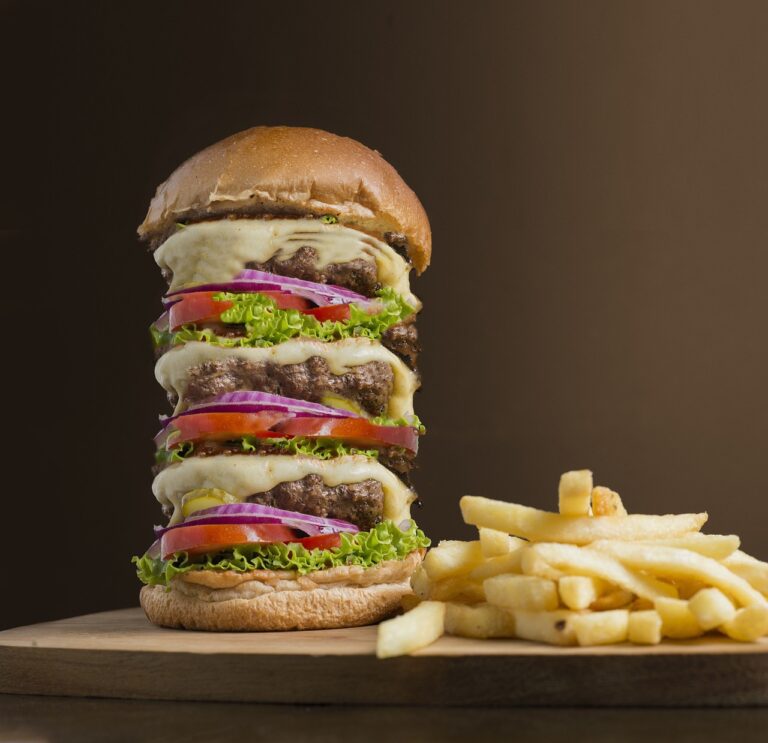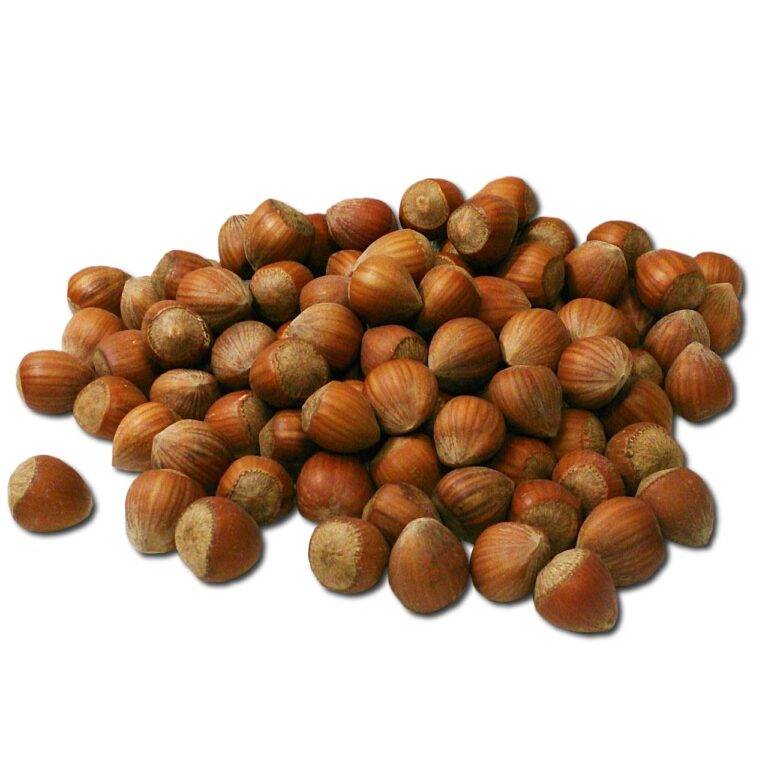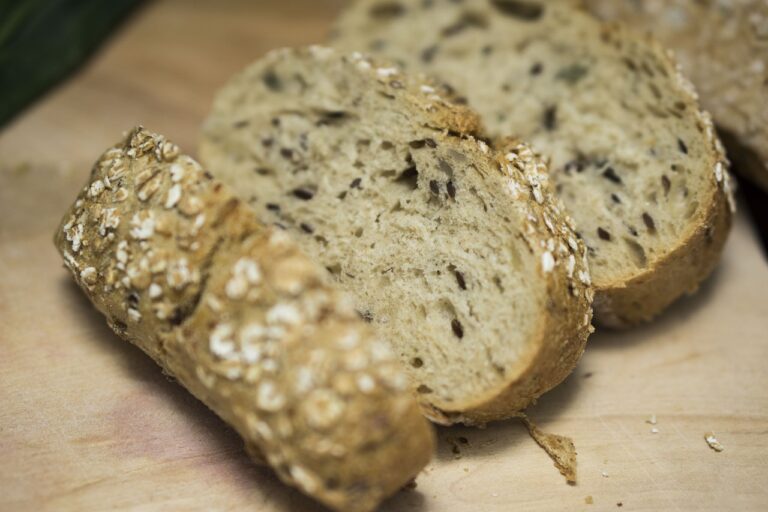The Impact of Biotechnology on Flavor Modification
betsbhai9, radha exchange, lotus 365 login: Biotechnology has made significant advancements in recent years, revolutionizing various industries, including food production. One area where biotechnology has had a profound impact is flavor modification. By leveraging biotechnological tools, researchers and food scientists can enhance and modulate the flavors of various food products, creating new and exciting taste experiences for consumers.
What is Flavor Modification?
Flavor modification refers to the process of altering the taste of food products to enhance their sensory appeal. This can involve intensifying existing flavors, creating new flavor profiles, or even masking undesirable flavors. Traditionally, flavor modification has relied on natural ingredients such as herbs, spices, and flavor enhancers. However, biotechnology has opened up new possibilities for flavor modification by allowing for the precise manipulation of taste compounds at the molecular level.
How Does Biotechnology Impact Flavor Modification?
Biotechnology has revolutionized flavor modification in several ways:
1. Flavor Enhancement: Biotechnological tools such as genetic engineering and enzyme technology can be used to enhance the natural flavors present in food products. For example, researchers can identify and isolate genes responsible for producing specific flavor compounds and then introduce these genes into crops to increase their levels of these compounds.
2. Flavor Creation: Biotechnology enables the creation of entirely new flavor profiles that may not be achievable through traditional breeding methods. By manipulating the genes responsible for flavor production, scientists can develop novel taste compounds that can be incorporated into food products to create unique and innovative flavors.
3. Flavor Masking: Biotechnology can also be used to mask undesirable flavors in food products. By targeting the genes or enzymes responsible for producing off-flavors, researchers can effectively suppress these compounds, allowing the desired flavors to shine through.
Applications of Biotechnology in Flavor Modification
Biotechnology has been used in a variety of ways to modify flavors in food products:
1. Nutraceuticals: Biotechnology has been instrumental in the development of nutraceuticals foods that provide health benefits beyond basic nutrition. By modulating the flavors of these products, researchers can create functional foods that are both nutritious and delicious.
2. Reduced Sugar Products: Biotechnology can help reduce the sugar content in food products without compromising taste. By enhancing the perception of sweetness or using alternative sweeteners, researchers can develop low-sugar or sugar-free products that still deliver a satisfying flavor experience.
3. Novel Food Products: Biotechnology has enabled the creation of novel food products with unique flavor profiles. For example, researchers have developed fruits with unusual tastes, such as the Cosmic Crisp apple, which has a sweet and tangy flavor profile unlike any other apple variety.
FAQs
Q: Is biotechnology safe for flavor modification in food products?
A: Yes, biotechnology has undergone rigorous safety testing and regulatory scrutiny to ensure that modified food products are safe for consumption.
Q: Can biotechnology be used to create natural flavors?
A: Yes, biotechnology can be used to enhance or create natural flavors by manipulating the genes responsible for flavor production in plants or microorganisms.
Q: Are biotechnologically modified food products labeled as such?
A: In many countries, biotechnologically modified food products are required to be labeled as such to inform consumers about the use of biotechnology in their production.
In conclusion, biotechnology has had a profound impact on flavor modification in the food industry. By leveraging biotechnological tools, researchers and food scientists can enhance existing flavors, create new taste experiences, and develop innovative food products that cater to evolving consumer preferences. The future of flavor modification lies in the continued exploration and utilization of biotechnological advancements to push the boundaries of taste and sensory experiences in food products.







